United States Secretary of State Marco Rubio and Special Envoy Steve Witkoff will not attend upcoming peace talks with Ukrainian and European officials in London, the Financial Times reported on April 22.
Representatives from Ukraine, the United Kingdom, and France are scheduled to meet on April 23 to continue discussions on a potential ceasefire in Russia's war against Ukraine. The talks are an extension of last week's peace talks in Paris.
Witkoff and Rubio were originally expected to attend, but have since pulled out, the FT reported, citing U.S. and European officials. U.S. Special Envoy to Ukraine Keith Kellogg is still expected to attend the meeting.
Meanwhile, Witkoff is planning to Moscow later this week, according to Russian state media.
Although Rubio and Witkoff have not disclosed the reasons for declining to attend the peace talks, Rubio's absence was confirmed by U.S. State Department Spokesperson Tammy Bruce on April 22.
Despite his position as Middle East Envoy, Witkoff has emerged as a key player in the Russia-Ukraine negotiations, meeting three times with Russian President Vladimir Putin. Witkoff has stirred controversy by insisting Ukraine make territorial concessions to Russia — and often regurgitating Kremlin talking points justifying the occupation.
The Wall Street Journal (WSJ) reported on April 14 that Witkoff's position was at odds with that of Kellogg and Rubio, causing a rift in the Trump administration's Ukraine strategy.
In Paris on April 17, the U.S. presented a draft peace proposal to Ukrainian and European officials. The proposal reportedly involved potentially recognizing Russia's annexation of Crimea and barring Ukraine from NATO membership in exchange for a lasting ceasefire.
President Volodymyr Zelensky firmly rejected such conditions on April 22, reiterating that Ukraine will not recognize Russia's occupation of Crimea under any scenario. Russia's 2014 invasion and annexation of Crimea is illegal under international law.
European officials have also expressed concerns regarding the U.S. peace proposal and questioned the motives behind U.S. efforts to end the war.
"There is a lot of pressure on Kyiv right now to give up on things so Trump can claim victory," one official said.
The Trump administration has been accused of parroting Russian propaganda narratives and capitulating to Russian demands with regard to the war in Ukraine. Since taking office earlier this year, Trump has pursued a policy of resetting relations with Russia, at the expense of global credibility, international norms, and long-standing alliances.
Putin offers US to freeze Ukraine war along current front line, FT reports
This could be the first formal indication from Russian President Vladimir Putin since the full-scale war began in 2022 that Russia may consider scaling back its territorial demands.


.png)
 German (DE)
German (DE)  English (US)
English (US)  Spanish (ES)
Spanish (ES)  French (FR)
French (FR)  Hindi (IN)
Hindi (IN)  Italian (IT)
Italian (IT)  Russian (RU)
Russian (RU)  5 hours ago
1
5 hours ago
1
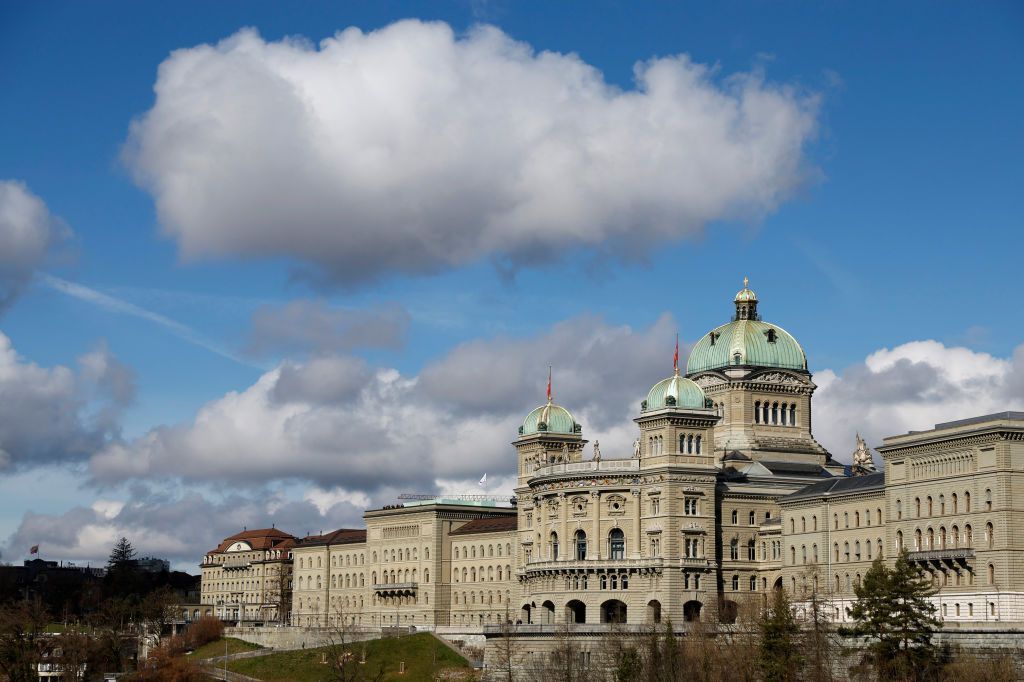
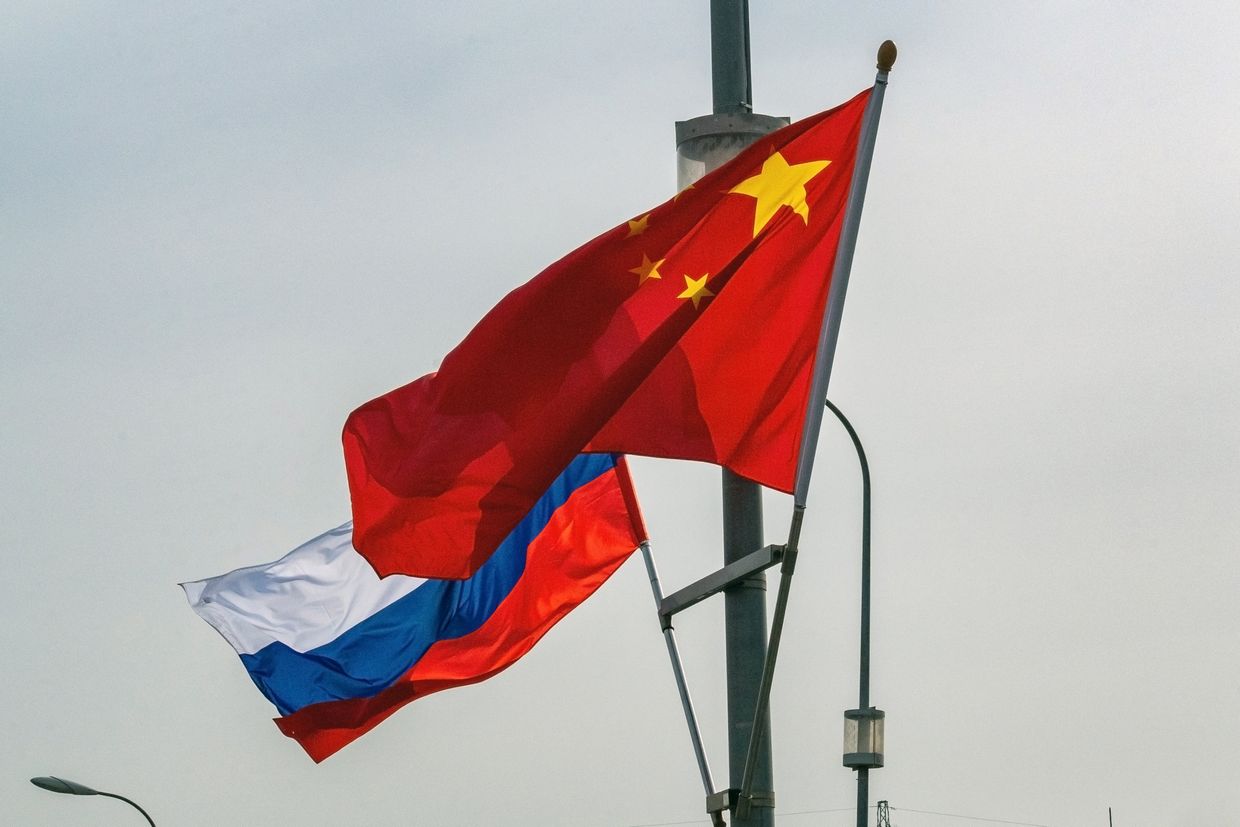
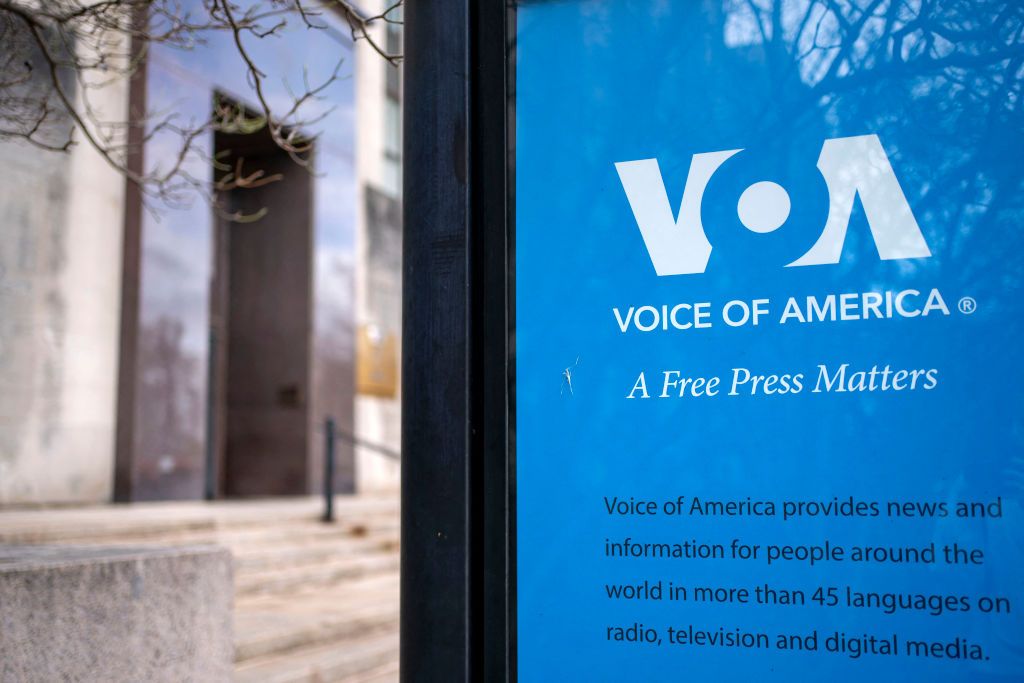
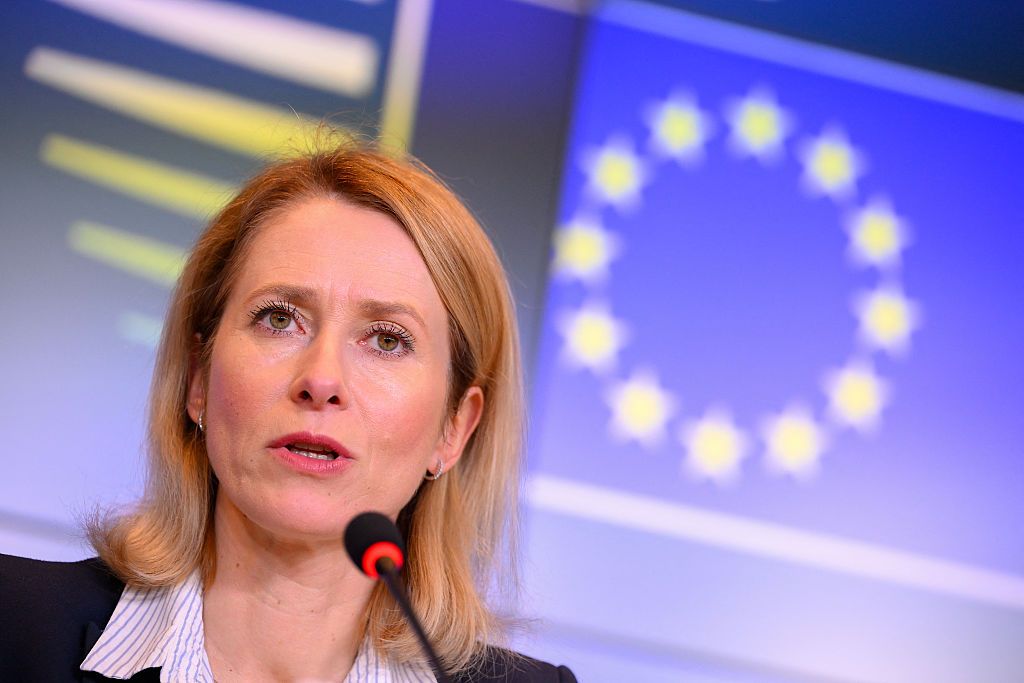

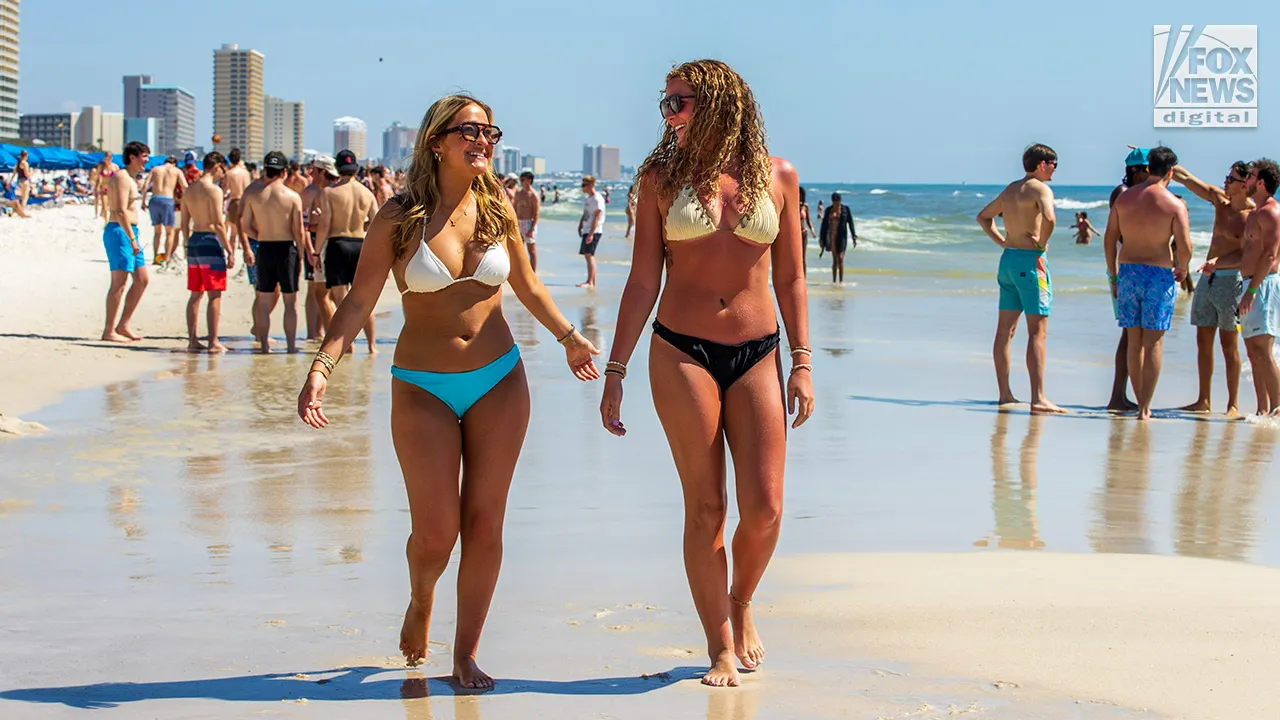
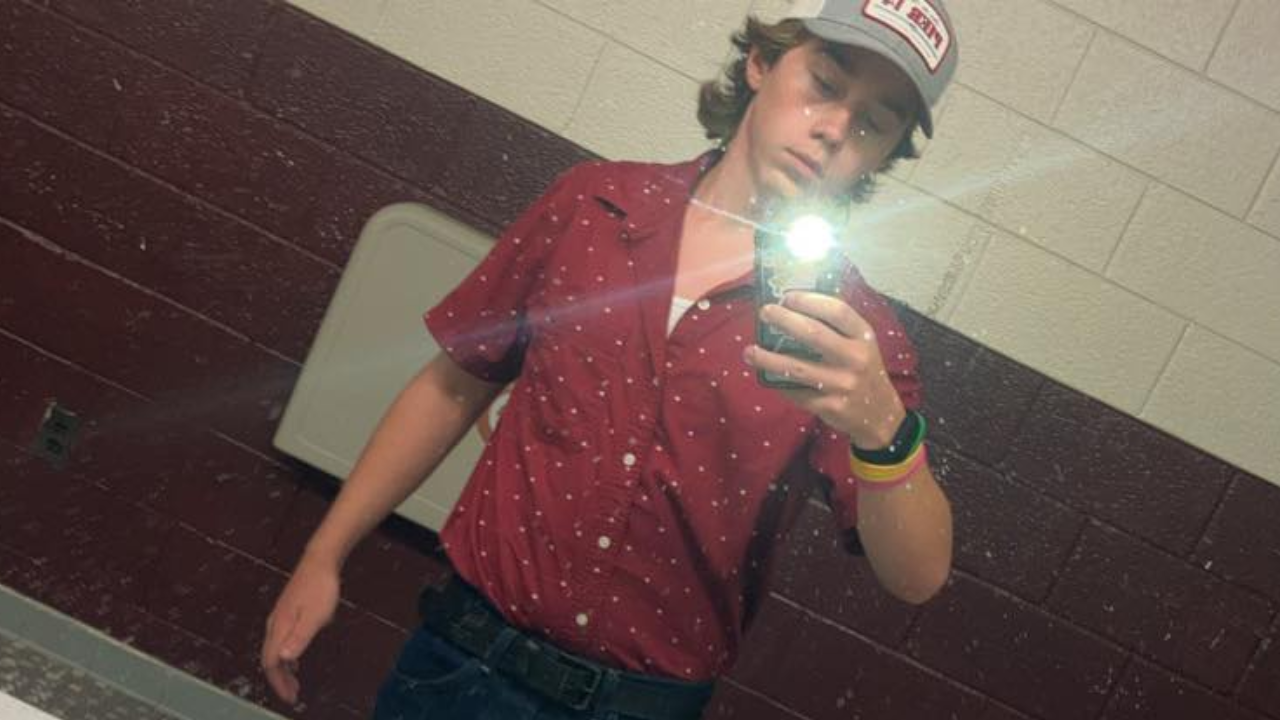


Comments